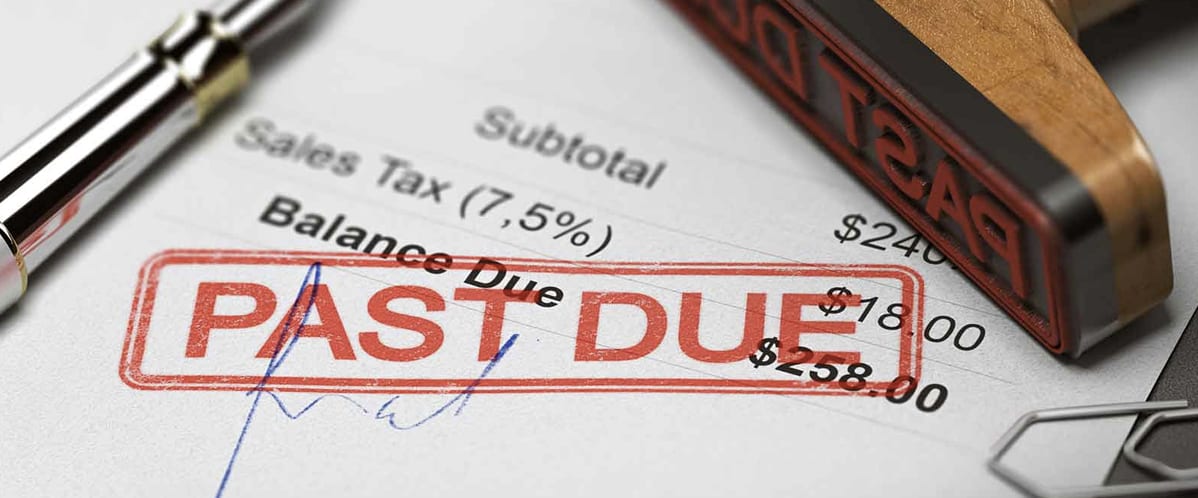As a medium-sized wholesaler, you are likely to have quite a number of customers. This has advantages, but it also increases the likelihood that at some point, one of them won’t pay.
In fact, most wholesale business owners who have been trading for a few years will have experienced this. In some cases, persistent chasing will eventually have yielded the money.
In other cases, those debts are still outstanding, or long since written off. Each one of these will have been a painful blow to the year’s profit figure for a growing SME.
In a business where you need to have perhaps dozens of customer accounts, and where ambitious owners will be hoping to add to that list every month, how do you ensure they all pay on time?
How Not to Chase Bad Debts
Business websites and other publications are full of advice on how to deal with bad debtors. Understanding the precise nature of the problem your customer is facing, getting into the right mindset to tackle the issue with them, and even reducing your liabilities through use of a debt recovery agency are some of the suggestions.
Others – from an accounting background, perhaps – talk about how to get that bad debt off your books. All of these things are a good idea if you find yourself in the unenviable position of having an invoice outstanding for months on end. What they all have in common is that they are likely to be time-consuming, stressful, and distract you from the key tasks of running and growing your business.
Better, then, to never get into a bad debt situation in the first place.
How to Avoid Bad Debts
There are a few sensible measures that you can put in place to decrease the likelihood of having a bad debt situation.
1. Conduct basic credit checks on new customers (and any existing ones you have doubts about!)
2. Invoice promptly, correctly and clearly. And automatically follow up any that become overdue.
3. Have a set of T&Cs. Your Terms and Conditions are a key protection against late payment and bad debt.
These measures are good business advice in general. If you have survived and thrived in the Australian wholesale sector, you are probably already doing these things. In fact, you may be doing them very well.
Unfortunately, they are not a cast iron guarantee against bad debt. Sooner or later, a customer will get into unforeseen difficulties and out of nowhere, you will lose an invoice. In a sector where deliveries and invoicing can be regular and often, one account going into administration could even mean several invoices go unpaid.
This situation is hard to avoid in business but there is a solution: you can insure against it. Trade insurance is relatively inexpensive and will give you peace of mind, as well as protecting your company against the cash flow shocks of bad debts.
Even better, you can get trade insurance as part of a cashflow finance package. With invoice finance or export finance, for example, you could get your invoices paid within hours, not months. And if there was a bad one in there, then provided you have done due diligence, and delivered and invoiced correctly, your business is covered.
Peace of mind, improved cash flow and business financing – all in one. It certainly beats sending the bailiffs round.



